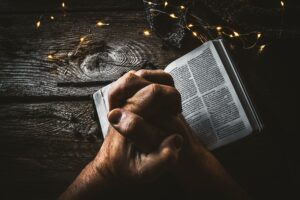March 27, 2024
WOW (Working for Orphans and Widows) is 25 years old, founded by my wife and I in January 1999.
We did so in response to the devastating HIV and AIDS pandemic that swept through Sub-Saharan Africa in the last two decades of the twentieth century, creating the biggest orphan and widow crisis in history. Our response was directly informed by the scripture stating that “God is a father to the fatherless and defender of widows” (Psalm 68:5). Our call to the African churches was “Every church a Mother Theresa”. If that little Albanian nun could challenge the world by her ministry to the dying in India what might the impact of thousands of churches be if they committed to doing the same in Africa? We resigned our great church in Vancouver and began from scratch, living out of suit cases for the first eight months as we ground it out pursuing a vision to mobilize the churches of Africa to become active in the rescue and care of “the least of these” as Jesus put it. Needless to say our humble efforts have seen us immersed in sorrow on sorrow as WOW has engaged some of the poorest and beleaguered people on earth. And, even though we have seen thousands cared for in the name of Jesus, the relentless impact of disease, poverty, and weather disasters continues.
A case in point is the massive drought in two nations where we work, Zambia and Malawi. Both countries have declared national emergencies and have appealed for emergency aid from the European Union, United Nations, and the West. And, on a much smaller scale our ministry partners have appealed to us as well.
We respond not only out of compassion but of duty. The Lord has called us to do what we can and our faithful supporters here in North America have risen to the challenge. We’re doing our best to light a candle of hope. I’m very grateful for all who have and will continue to “hold up our arms” at this difficult time.





